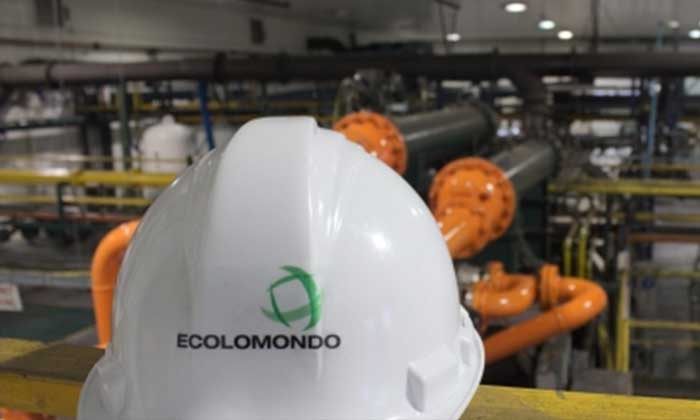Tyre Stewardship Australia calls for vigilance ahead of end-of-life tire export ban
Tyre Stewardship Australia (TSA) – the authority responsible for end-of-life tire management and regulations in the country – is calling for all property developers, facility managers, landlords and farming communities to remain vigilant ahead of the Commonwealth’s waste export ban on whole used tires coming into effect 1 December 2021.
In its press release from September 21, TSA stresses the organization was established in 2014 to implement the national Tyre Product Stewardship Scheme (Scheme) which aims to promote the development of viable markets for end-of-life tires. The Scheme has multiple benefits including transforming a waste product into a useful commodity, creating new industries and employment opportunities while also reducing the environmental harm caused by the illegal dumping, stockpiling and mismanagement of end-of-life tires.
TSA wish to advise all Australian farmers of the impending waste export ban and its potential impacts.
On 8 November 2019, the Council of Australian Governments (COAG) agreed to an export ban, covering waste plastic, paper, glass and tires. The waste export ban for tires comes into effect 1st December 2021, where whole used tires (including baled tires) will no longer be permissible exports.
TSA is concerned that as the ban nears, heightened activity of collecting waste tires may occur. Organisations who fail to meet regulatory requirements and TSA Scheme guidelines may enter the market in the lead up to the ban for a quick injection of revenue. There is a possibility that unused or segregated farmland may be used to illegally dump or stockpile waste tires by tire collectors who cannot secure viable markets or fall short of meeting the necessary requirements to obtain an export license.
Unmanaged stockpiles may become the responsibility of the farmer or landowner where illegal dumping and stockpiling has occurred. TSA has seen such occurrence first-hand and continues to monitor known stockpiles and share information with regulators.
Australia generates 450,000 tons of end-of-life tires each year, of which 75 per cent comprise passenger, truck and bus tires. Whilst we are pleased that 72 per cent of tires is recovered for productive outcomes, the remainder is mostly disposed (in licensed landfills or buried on-site where permitted), dumped or stockpiled.
TSA highlights that more than 110,000 tons of end-of-life tires is generated through sectors that use off-the-road tires (OTR), including mining, agriculture, construction and aviation. Less than 20 percent of those tires reach end-of-life are recovered each year, according to TSA. In recognition of the environmental, health and social impacts of these tires being mostly buried on site or in landfill, TSA is working on a government grant funded project focused on improving the resource recovery rates of OTR tires for more sustainable outcomes.
What landlords and farming communities can do to help
Tyre Stewardship Australia asks that Farmers, farming communities and landlords to keep a watchful eye for illegal dumping of waste tires.
Left unsupervised the mismanagement of end-of-life tires can lead to stockpiles that may lead to fire or other environmental and human health concerns. Not to mention the cost burden to clean up these sites is distressing for all involved, including farmers and landowners who can bear the cost of clean-up and possible fines from the regulator.
TSA highlights that indeed vigilance will need to remain post the 1 December 2021 deadline. Concerns associated with collectors who fail to secure long term arrangements for their material (local and/or international) or those who have not taken heed of the COAG waste export ban, such as invested to transition to further processing, may find themselves with no end markets.
TSA is doing its bit to prepare the industry, including support via its Baler Transition Program, conducting webinars, forums and continually sharing information in the lead up the waste export ban. TSA continues to communicate with its 1700 and growing participants which includes retailers, ensuring they use accredited services for end-of-life tires.
TSA says working together now is most important and relies on help of residents and industry players. This is how all stakeholders can work together:
- If you see or hear of illegal dumping and stockpiling of waste tires on your farm or in your local area, please advise TSA.
- For the disposal of waste tires, visit mytyresmychoice.com.au to find TSA accredited collectors and recyclers in your area.
- Ensure you are aware of your regulatory obligations. Your State based regulator will be best placed to guide you on how you can store and reuse waste tires (such as for silage weights) on your property.
Press release by Tyre Stewardship Australia.
Weibold is an international consulting company specializing exclusively in end-of-life tire recycling and pyrolysis. Since 1999, we have helped companies grow and build profitable businesses.









